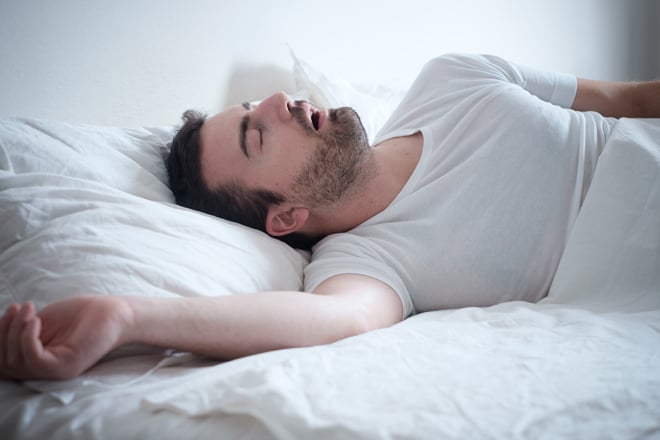A study has shown the link between sleep deprivation and performance in the workplace. Researchers titled the study Why Sleep Matters-the economic costs of insufficient sleep and published it in the RAND journal.
Researchers used data from the U.K, the U.S, Japan, and Germany. From their findings, they concluded that the U.S alone loses bout 1.2 million workdays and $400 billion when employees are unable to perform at work due to sleep deprivation.
Another group of researchers looked into the link between work productivity and sleep in a separate study titled Work Productivity Loss Associated With Sleep Duration, Insomnia Severity, Sleepiness, and Snoring. They published their paper in the Journal of Sleep and Sleep Disorders Research.
Results from this study show that people who get 5 hours of sleep or less experienced a 29% of loss of productivity. In addition, people who experienced severe insomnia and sleep deprivation experienced a lot of 58%-107% in productivity.
Sleep deprivation affects pay
Sleep deprivation didn’t just affect productivity. It also affected the income they received as supervisors tended to compare the work of unproductive individuals to their colleagues.
UC San Diego carried out research to determine how sleep affected employees’ salaries. They realized that increasing sleep by one hour each week led to a 1.5% increase in pay. Over time, this figure rose to 4.9%. They titled their study Time Use and Productivity: the wage returns to sleep and published it in the Department of Economics, UCSD.
The body produces cortisol in sleep-deprived people
All these studies show that sleep deprivation could affect your work. Scientists agree that insufficient sleep could lead to slower response and reflex times. Moreover, cortisol, a stress hormone, is produced in people who don’t sleep. The effects of cortisol include anxiety, reproductive issues, weight gain, fatigue, disruption, unbalanced thinking, high blood pressure, and an increased heart rate.
Experts recommend that adults get about 7-8 hours of sleep each night. However, employees tend to get an average of six and a half hours each night. Although the extra thirty minutes do not seem like much, they have a high impact on performance at work.


